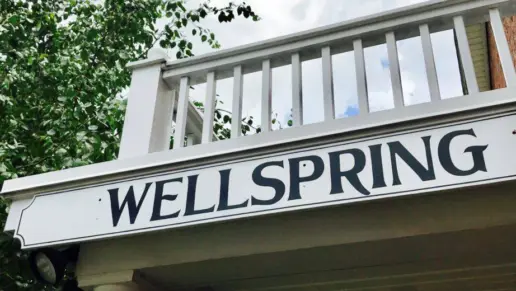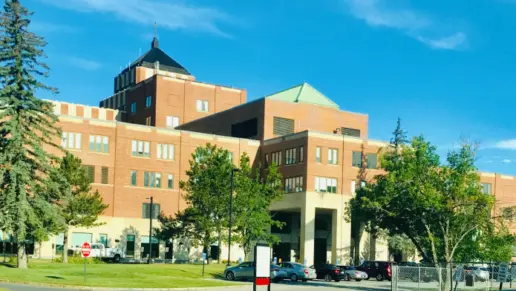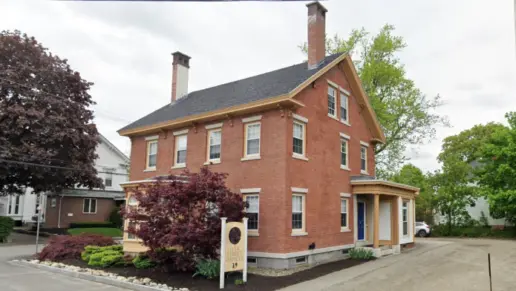About Wellspring – Women’s Program
Wellspring - Women’s Program in Bangor, Maine, is a residential addiction treatment center for women. Wellspring was first opened in 1981, giving them over 40 years of experience treating women with substance use disorder. The organization specializes in treating women who have a co-occuring mental health disorder or have a history of substance use disorder. They focus on helping women develop the skills they need to gain and maintain sobriety and build the life skills needed for independent living. Women who want to be considered for residential treatment must be at least 18 years old, physically and mentally able to participate in treatment and free from substances on the day of admission.
The women’s residential program provides numerous services for recovery. Clients can receive individual, group and family substance abuse counseling. Counselors will typically use therapeutic approaches like dialectical behavior therapy and motivational interviewing. I like that they also provide clients with vocational counseling that will help them get the employment they need to be financially independent. Wellspring also provides referrals to support services that will help patients maintain their sobriety.
Some of the group sessions that clients may participate in are women’s recovery, family roles education and skills training education. The skills that patients will learn include practicing daily personal hygiene and regular household chores such as meal preparation and cleaning. The facility allows mothers to have their children frequently visit the facility, with a rollaway bed and toys provided. Family members and spouses may also visit the client as long as they’re sober and follow the program rules.
Rehab Score
Gallery
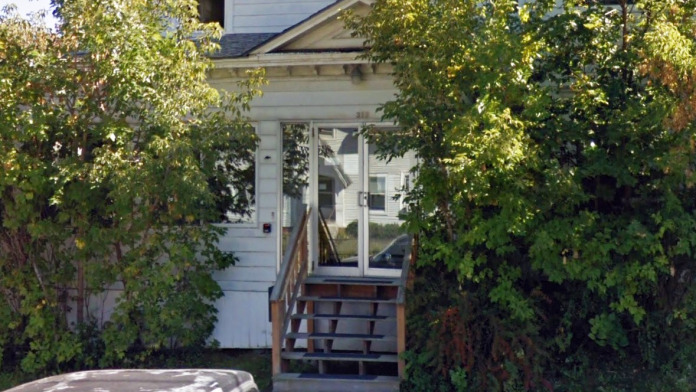
Location
Other Forms of Payment
Medicaid is a state based program that helps lower-income individuals and families pay for healthcare. Medicaid covers addiction treatment so those enrolled can use their coverage to pay for rehab. When a program accepts Medicaid the client often pays very little or nothing out of their own pocket.
Self-pay involves paying for treatment out of your own pocket. You can use savings or credit, get a personal loan, or receive help from family and friends to fund your treatment. If you don't have insurance or your insurance plan doesn't cover a specific program, self-pay can help ensure you still get the care you need.
Financial aid can take many forms. Centers may have grants or scholarships available to clients who meet eligibility requirements. Programs that receive SAMHSA grants may have financial aid available for those who need treatment as well. Grants and scholarships can help you pai for treatment without having to repay.
Sliding scale payments are based on a client's income and family size. The goal is to make treatment affordable to everyone. By taking these factors into account, addiction recovery care providers help ensure that your treatment does not become a financial burden to you or your family, eliminating one barrier to care.
Military members, veterans, and eligible dependents have access to specific insurance programs that help them get the care they need. TRICARE and VA insurance can help you access low cost or no cost addiction and mental health treatment. Programs that accept military insurance often have targeted treatment focused on the unique challenges military members, veterans, and their families face.
Addiction Treatments
Levels of Care
Treatments
The goal of treatment for alcoholism is abstinence. Those with poor social support, poor motivation, or psychiatric disorders tend to relapse within a few years of treatment. For these people, success is measured by longer periods of abstinence, reduced use of alcohol, better health, and improved social functioning. Recovery and Maintenance are usually based on 12 step programs and AA meetings.
Drug rehab in Maine is the process of helping someone learn how to live without the use of substances. Professional staff provide treatment to address the various issues of addiction. Methods often involve medication, counseling, and evidence-based therapies.
Many of those suffering from addiction also suffer from mental or emotional illnesses like schizophrenia, bipolar disorder, depression, or anxiety disorders. Rehab and other substance abuse facilities treating those with a dual diagnosis or co-occurring disorder administer psychiatric treatment to address the person's mental health issue in addition to drug and alcohol rehabilitation.
Opioid rehabs specialize in supporting those recovering from opioid addiction. They treat those suffering from addiction to illegal opioids like heroin, as well as prescription drugs like oxycodone. These centers typically combine both physical as well as mental and emotional support to help stop addiction. Physical support often includes medical detox and subsequent medical support (including medication), and mental support includes in-depth therapy to address the underlying causes of addiction.
Substance rehabs focus on helping individuals recover from substance abuse, including alcohol and drug addiction (both illegal and prescription drugs). They often include the opportunity to engage in both individual as well as group therapy.
Programs


Clinical Services
Group therapy is any therapeutic work that happens in a group (not one-on-one). There are a number of different group therapy modalities, including support groups, experiential therapy, psycho-education, and more. Group therapy involves treatment as well as processing interaction between group members.
Staff
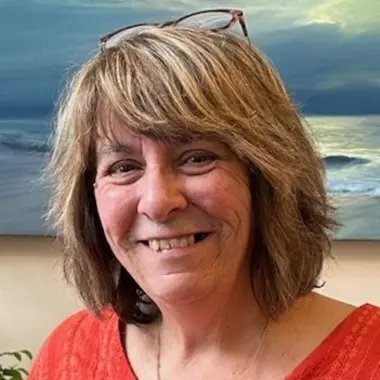
Executive Director
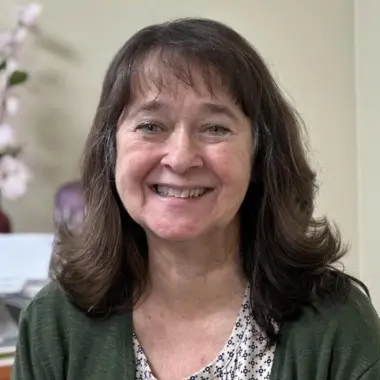
Director of Operations
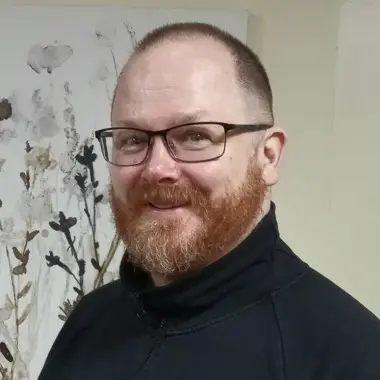
Director of Human Resources
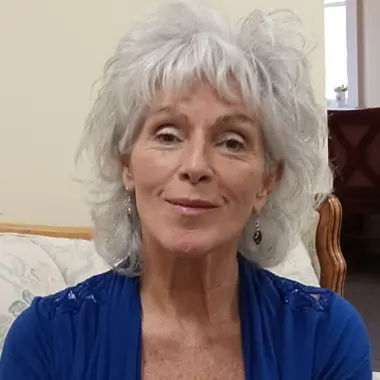
Clinical Director
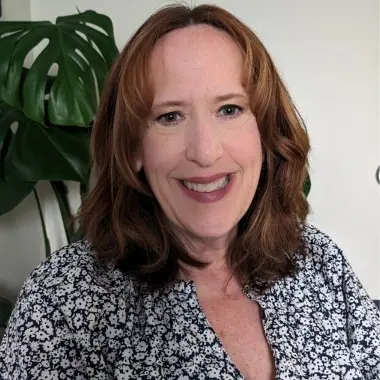
Clinical Director
Contact Information
319 state street
Bangor, ME 04401
